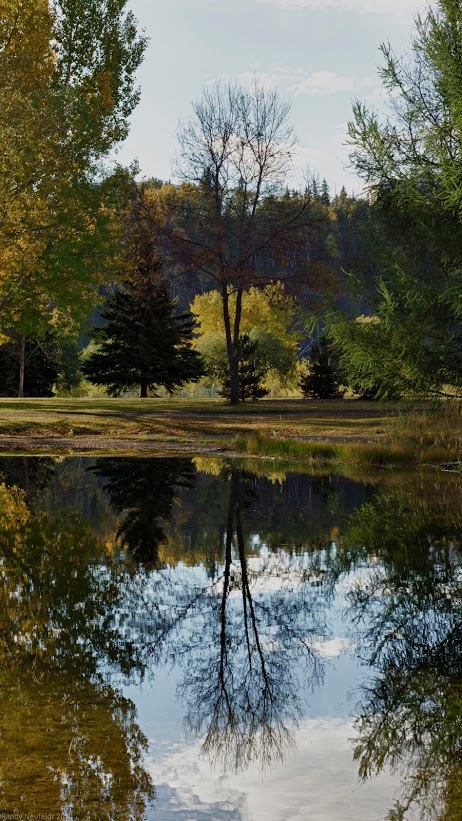Thich Nhat Hanh
“We too can see that the Earth is a living being and not an inanimate object. She is not inert matter. We often call our planet Mother Earth. Seeing the Earth as our mother helps us to realize her true nature. The Earth is not a person, yet she is indeed a mother who has given birth to millions of different species, including the human species,” writes Buddhist teacher Thich Nhat Hahn. The Earth incarnates all of the virtues that we honor: strength, stability, patience, and compassion. She is Mother Earth Bodhisattva who gives us the air we breathe, the water that we drink, the food that we eat.
Giving thanks for all these blessings can be a part of our daily walking:
“With each step, I come home to the Earth.
With each step, I return to my source.
With each step, I take refuge in Mother Earth.”
When we walk, our parents and ancestors accompany us along with our animal, plant, and mineral ancestors. We never walk alone. We walk for our enlarged family and for the entire world.
Thich Nhat Hanh laments that in the name of progress, we have hurt the Earth and caused her to suffer. We must heal ourselves and heal the planet at the same time. To do this, we can do the following practices: mindful breathing, sitting meditation, drinking and eating mindfully, and walking meditation. Nhat Hahn also suggests we write love letters to the earth; he shares ten examples. He ends the book with his cosmic vision of a spirituality we can all practice together.
Book Review by Frederic and Mary Ann Brussat








Add a comment